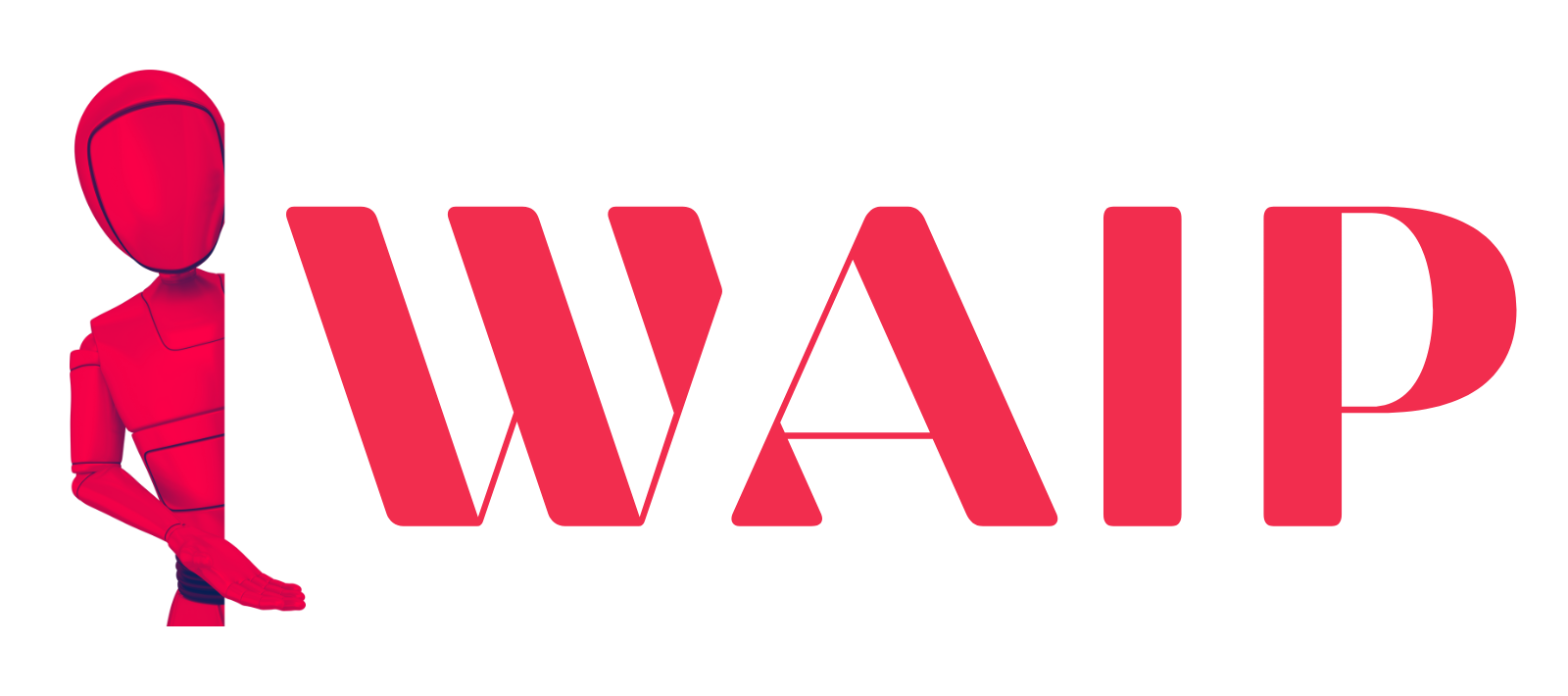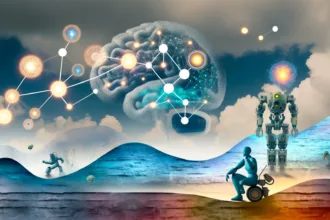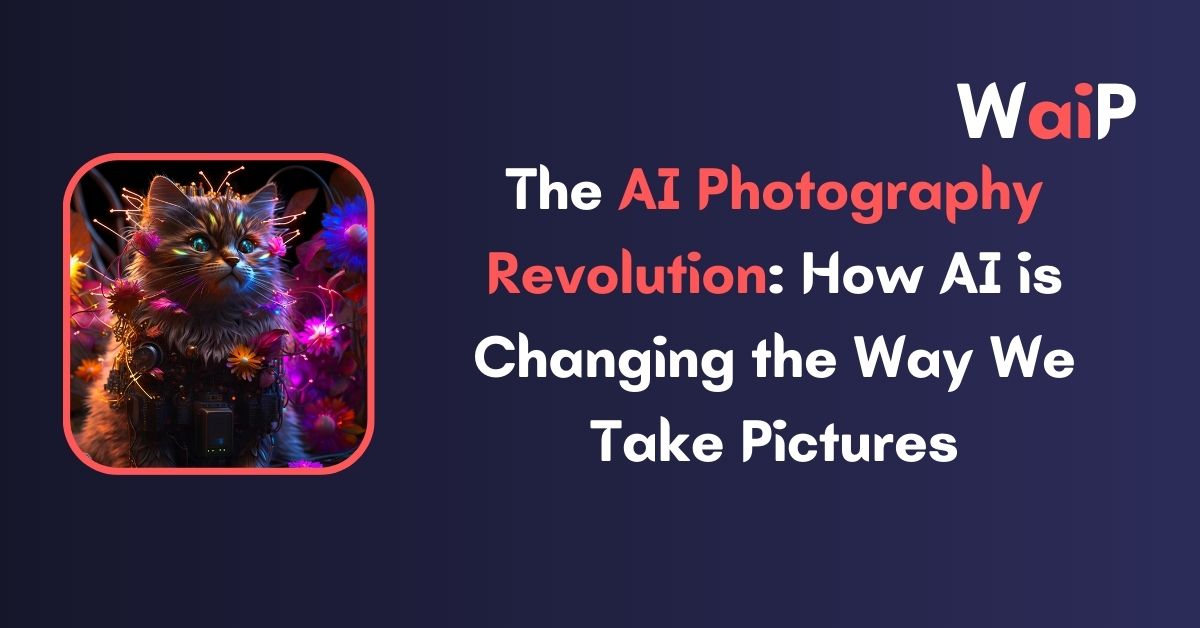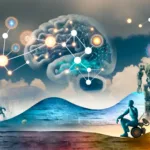The rapid advancement of artificial intelligence (AI) is influencing diverse fields, and photography isn’t an exception. AI is providing unique avenues for capturing and sharing images and enhancing photographers’ creativity.
In this blog post, we will delve into the influence of AI photography. We will consider how AI is altering the photography landscape, the advantages of integrating AI into photography, and the challenges inherent in AI-driven photography.
What is AI Photography?
AI photography utilizes artificial intelligence to produce images. It provides capabilities such as auto-adjustment of exposure and white balance, elimination of undesirable elements from pictures, and even the generation of completely original images.
How is AI Changing Photography?
AI is revolutionizing photography in several ways. Firstly, it simplifies the process for photographers to capture superior photos. AI-integrated cameras auto-adjust aspects like exposure and white balance, empowering photographers to capture excellent photos irrespective of their expertise level.
Secondly, AI inspires novel techniques for image capture. For instance, it enables the creation of 360-degree photos or bird’s-eye view images.
Lastly, AI enhances photographers’ creativity. It stimulates new ideas for photos, assists photographers with photo editing, and can even generate entirely new images.
What are the Benefits of Using AI in Photography?
Several benefits come with integrating AI into photography:
- Enhanced image quality: AI can improve the quality of photographs by automatically adjusting settings like exposure and white balance.
- Boosted creativity: AI stimulates creativity by offering new concepts for photographs and assisting with photo editing.
- Automatization of tasks: AI can automate processes like photo editing and removing unwanted objects from pictures, granting photographers more time for creative tasks.
The History of AI Photography
The early stages of AI photography started in the 1960s when researchers initiated developing software that could automatically produce images. However, AI photography gained momentum in the 2010s, facilitated by the advent of deep learning, a machine learning method that enables computers to learn from data.
Deep learning has allowed AI photography to become more potent and sophisticated. Presently, numerous AI photography applications and services are available, and AI photography is utilized by both professional photographers and hobbyists.
Read More.. 12 Best AI Art Generators for Every Creative Need in 2024
The Horizon of AI Photography
Though still in its infancy, AI photography has the potential to redefine how we produce and perceive photography. As AI technology continues to progress, AI photography will become more robust and accessible, creating new opportunities for photographers of all expertise levels.
For instance, AI photography could potentially produce realistic images of yet non-existent places or generate personalized photos tailored to individual users.
While the future of AI photography is uncertain, one thing is clear: AI is already making significant inroads in the world of photography.
The Hurdles in AI Photography
While AI photography has many benefits, it also comes with challenges that need to be tackled. Some of these include:
- Expense: AI photography can be costly, particularly for high-end AI photography applications and services.
- Complexity: AI photography can be challenging to navigate, especially for beginners.
- Bias: AI photography can exhibit bias, depending on the data it was trained on.
FAQs: The AI Photography Revolution
-
What is AI Photography?
AI Photography utilizes artificial intelligence to produce images, offering features like auto-adjustment of exposure and white balance and generating original images.
-
How is AI Changing Photography?
AI simplifies capturing superior photos, inspires new image capture techniques, and enhances photographers’ creativity with innovative ideas and photo editing assistance.
-
What are the Benefits of Using AI in Photography?
Benefits include enhanced image quality, boosted creativity, and automatization of tasks like editing, saving photographers time for creative endeavors.
-
What is the History of AI Photography?
AI photography began in the 1960s, but deep learning in the 2010s revolutionized it. AI photography applications and services are now widely available.
-
What is the Horizon of AI Photography?
AI photography has great potential to redefine image creation and perception. As AI technology advances, it will become more accessible and open new opportunities for photographers.
Conclusion
AI is revolutionizing the world of photography, enabling photographers to create more inventive and engaging images. As AI technology continues to evolve, AI photography will become increasingly potent and accessible, offering new possibilities for photographers across all skill levels.

![Best Mobile Games Your Should Try in 2024 [Trending Now] 2 Best Mobile Games](https://wideaiprompts.com/wp-content/uploads/2024/03/Best-Mobile-Games-330x220.webp)



![Best Mobile Games Your Should Try in 2024 [Trending Now] 9 Best Mobile Games](https://wideaiprompts.com/wp-content/uploads/2024/03/Best-Mobile-Games-150x150.webp)


